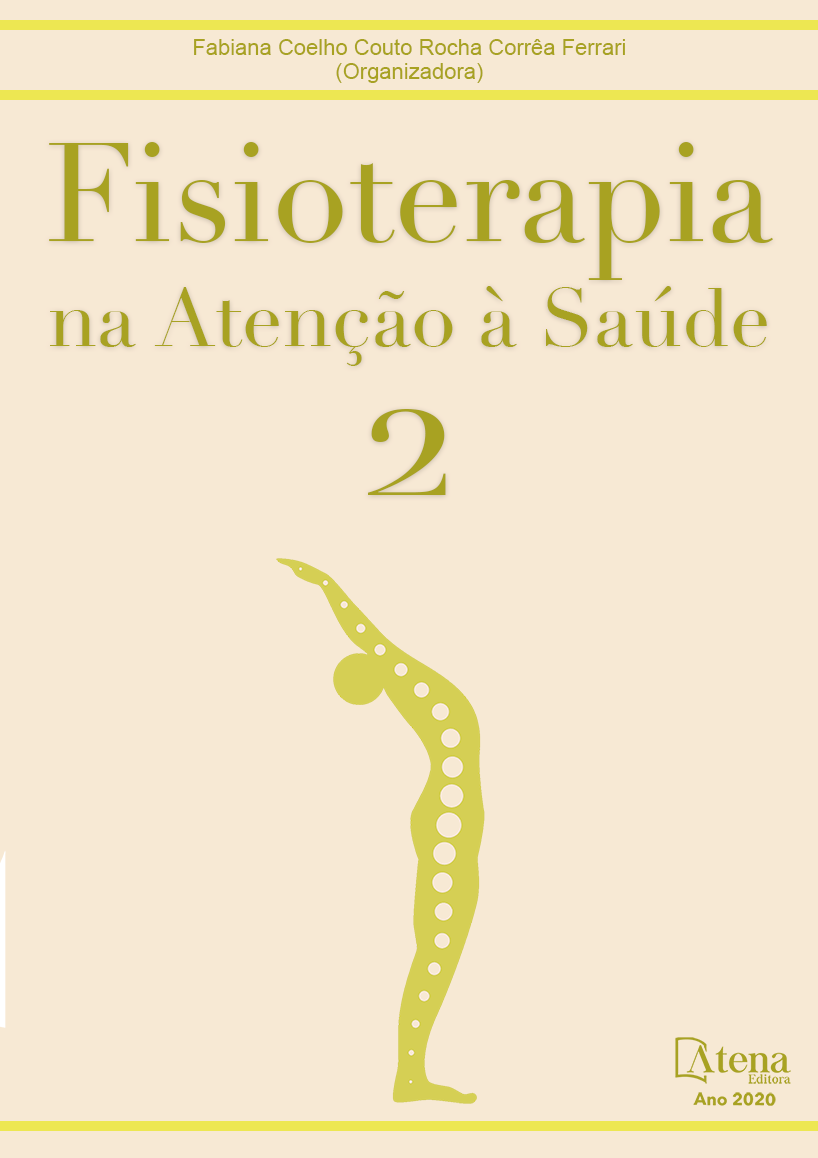
OS EFEITOS DA FISIOTERAPIA AQUÁTICA EM PACIENTES COM PARALISIA CEREBRAL
A paralisia cerebral (PC) é um distúrbio cinético funcional e postural decorrente de lesões no cérebro imaturo, sendo de caráter não progressivo. Pode ser diagnosticada pelas alterações no tônus e motricidade, as quais podem limitar a capacidade funcional do indivíduo. Para reabilitação, tem-se como precursor a fisioterapia aquática. O objetivo do estudo foi verificar os possíveis efeitos da fisioterapia aquática na PC através de uma revisão bibliográfica. Trata-se de uma revisão bibliográfica da literatura da base de dados LILACS, feita em 01 de junho de 2020. Buscou-se artigos dos últimos 10 anos, em português, com os descritores: Paralisia Cerebral e Fisioterapia Aquática ou Hidroterapia, totalizando 4 achados. Os estudos evidenciaram melhora no controle de tronco em ambiente aquático e na funcionalidade de pacientes com paralisia cerebral diparético espástico, além da melhora na reação de equilíbrio, na ativação muscular do reto abdominal e no deitar, rolar e sentar desses pacientes. Além disso, notou-se que através da utilização de exercícios de alongamento, pode se observar um aumento significativo da flexibilidade da cadeia muscular posterior (média de ganho de 5,13 cm), melhora na deambulação e equilíbrio no solo. Ao avaliar os efeitos sobre o alinhamento postural e a extensibilidade muscular, houve uma melhora da extensibilidade dos grupos musculares do quadril, joelho e tornozelo. Em todos os artigos a terapia aquática trouxe benefícios aos pacientes com paralisia cerebral, como melhora de equilíbrio, de controle de tronco, capacidade de deambulação e aumento na flexibilidade e extensibilidade. Neste sentido, a fisioterapia aquática é altamente eficaz no tratamento das disfunções provenientes da paralisia cerebral e aponta para a necessidade de aprofundamento do tema através do desenvolvimento de novas pesquisas.
OS EFEITOS DA FISIOTERAPIA AQUÁTICA EM PACIENTES COM PARALISIA CEREBRAL
-
DOI: 10.22533/at.ed.27920180812
-
Palavras-chave: Dano encefálico crônico; Transtornos musculares; Hidroterapia.
-
Keywords: Brain damage, chronic; Motor disorders; Hydrotherapy.
-
Abstract:
Cerebral palsy (CP) is a functional and postural kinetic disorder resulting from non-progressive lesions in the immature brain. It can be diagnosed by changes in tone and motor skills, which can limit the individual's functional capacity. For rehabilitation, aquatic physiotherapy is a precursor. The aim of the study was to verify the possible effects of aquatic physiotherapy on CP through a literature review. This is a bibliographic review of the literature in the LILACS database, made on June 1, 2020. We searched for articles from the last 10 years, in Portuguese, with the journals: Cerebral Palsy and Aquatic Physiotherapy and Hydrotherapy; 04 articles were found. The studies showed an improvement in trunk control in an aquatic environment and in the functionality of patients with spastic diparetic cerebral palsy, in addition to an improvement in the balance reaction, muscle activation of the abdominal rectum and in the lying, rolling and sitting of these patients. Furthermore, by using stretching exercises, was notice a significant increase in flexibility of the posterior muscle chain (average gain of 5.13 cm), improvement in walking and balance on the ground. Analyzing the effects on postural alignment and muscle extensibility, was occurred an improvement on the extensibility of the hip, knee and ankle muscle groups. In all articles, aquatic therapy brought benefits to patients with cerebral palsy, such as improved balance, trunk control, walking ability and increased flexibility in the hindquarters. In this sense, aquatic physiotherapy is highly effective in the treatment of dysfunctions arising from cerebral palsy and points to the need to deepen the theme through the development of new research.
-
Número de páginas: 9
- Eliane Gouveia de Morais Sanchez
- Gabrielly Stertz
- Ana Cristina Gouveia Morais
- Cássia Randelle Oliveira Ribeiro
- Sabrina Araújo da Silva
- Ester Rosa de Brito
- Priscila Nunes Pereira
- Naiara Rodrigues dos Santos
- Ana Karla dos Santos Caixeta
- Ryvia Stéfany Fernandes dos Santos
- Laura Beatriz Gouveia Silva
- Bárbara Pires Corveloni


